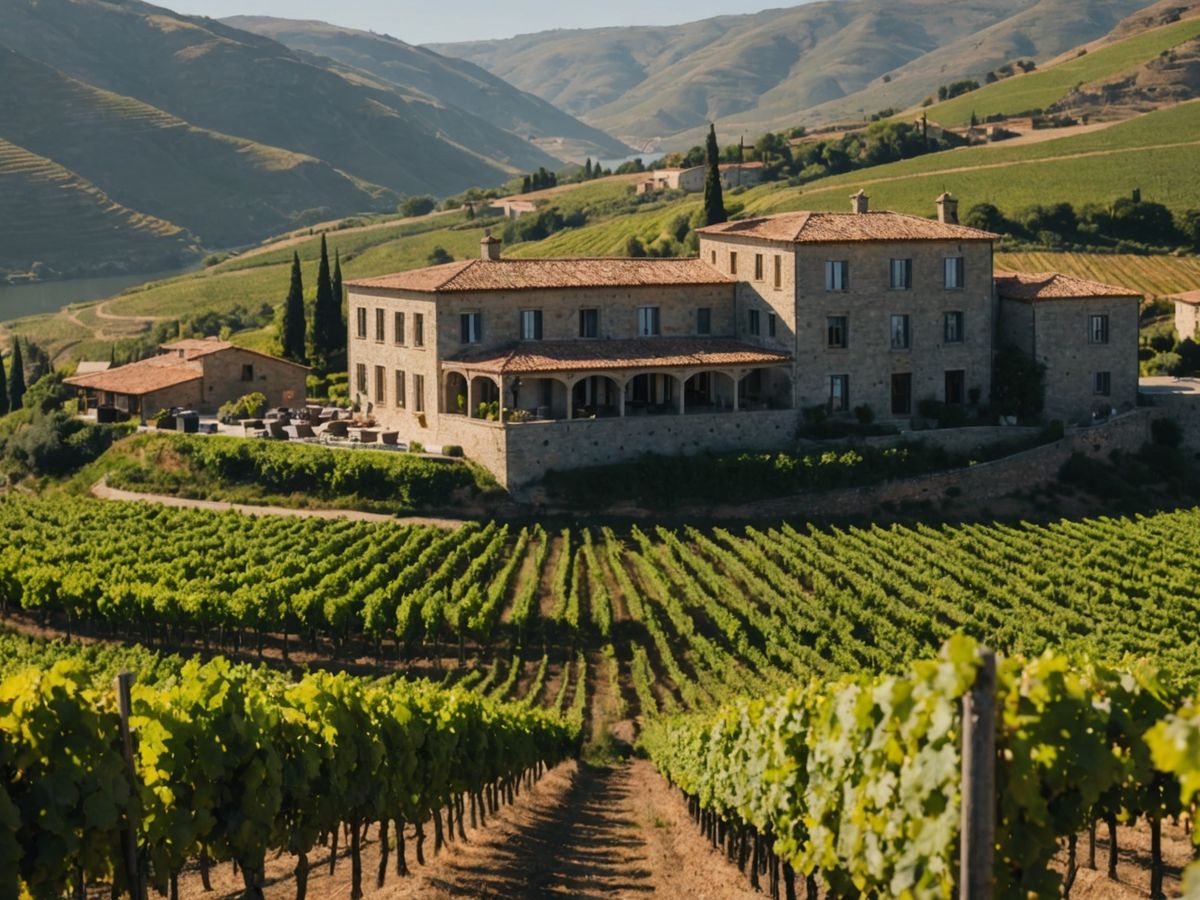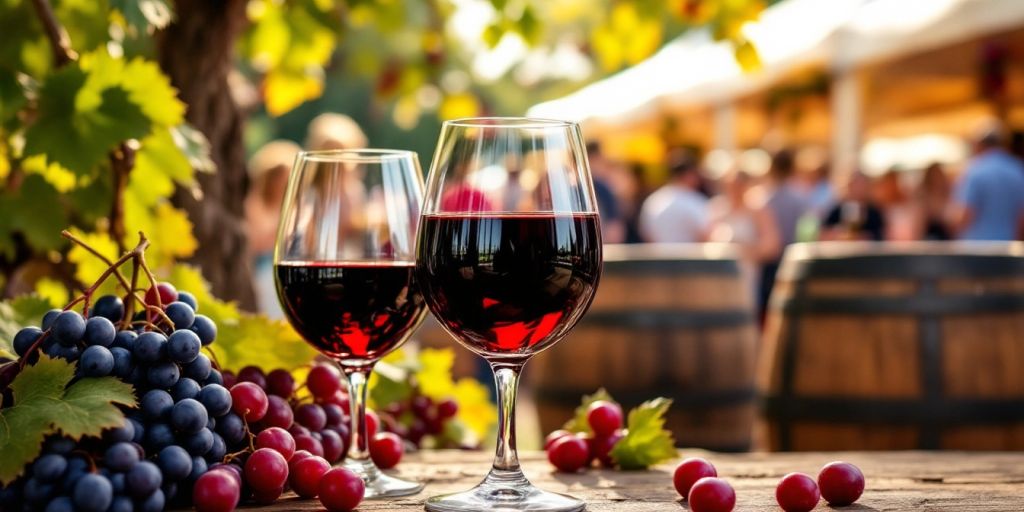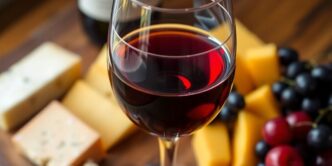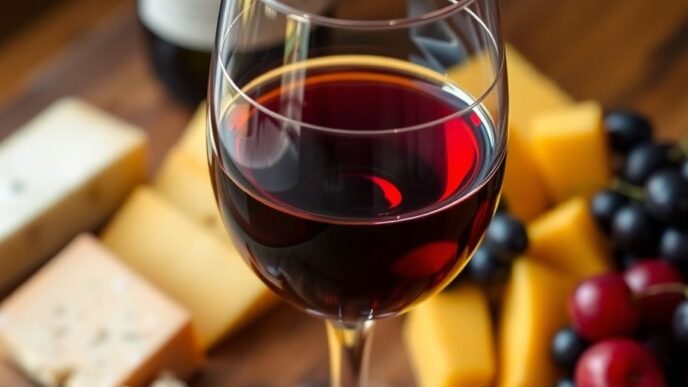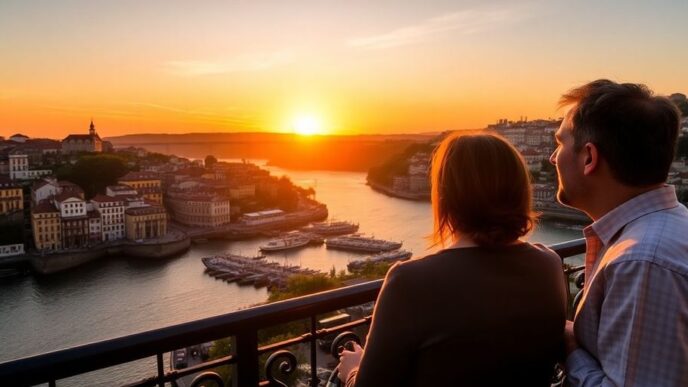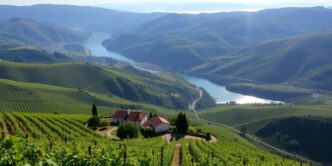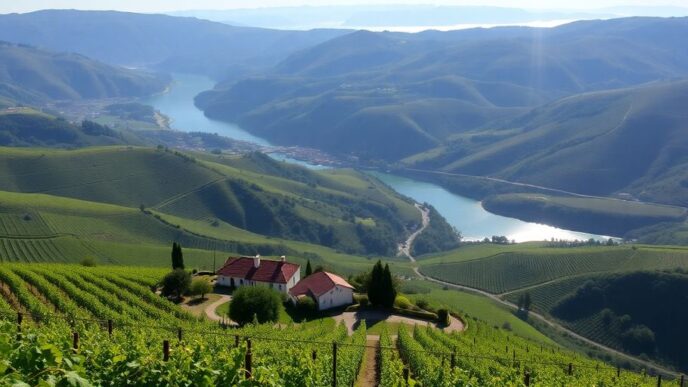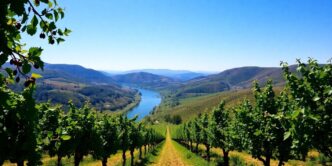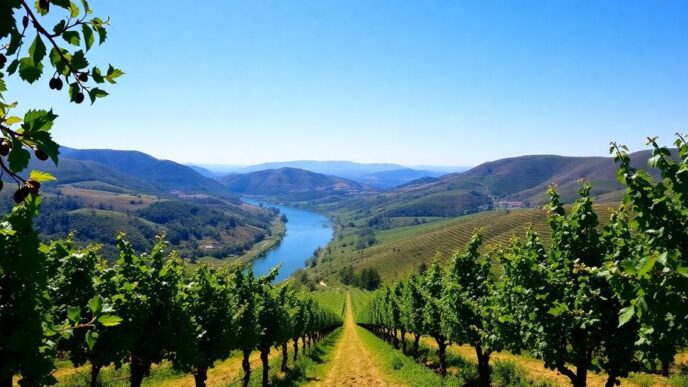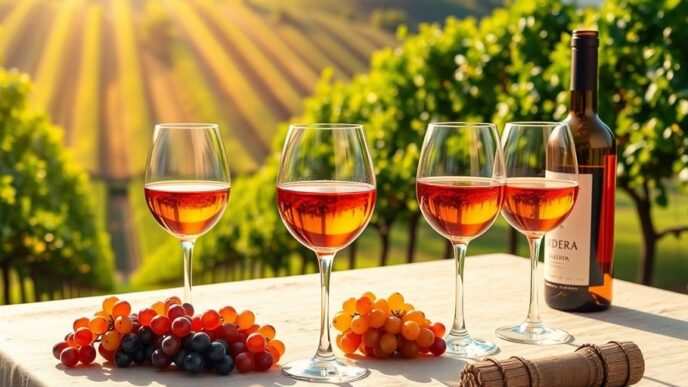The Correia de Lacerda family is set to open a $2 million ‘wine hotel’ in Douro on September 12. Located near the village of Numão, the Quinta da Vineadouro will initially feature two rustic houses, with plans for further expansion in the coming years.
Project Overview
The Quinta da Vineadouro, managed by Teresa Correia de Lacerda, a professor at ISEG, will open its doors with two rustic houses. This initial phase represents an investment of $2 million and the creation of six jobs. The project aims to add six more suites and 12 bungalows within three years, requiring an additional $3 million investment.
Historical Significance
The estate, which spans 140 hectares, has been in the Correia de Lacerda family for over 250 years. Originally built in the 19th century, the Casa da Vinha and Casa Romântica have been repurposed into luxurious accommodations. Casa da Vinha features two suites, a dining room, a living room, and a fully equipped kitchen. Casa Romântica offers a deluxe suite, a living room with a suspended fireplace, and a kitchenette.
Sustainable Features
Quinta da Vineadouro is touted as the first EcoTech Resort dedicated to wine tourism in Douro Superior. The resort includes:
- Rainwater and wastewater harvesting systems
- Integrated climate control
- Photovoltaic panels for self-consumption
- Electric vehicle charging stations
- Composting center
What’s Next?
The next phase of development will see the construction of six additional suites and 12 bungalows overlooking the Catapereiro dam. This expansion is expected to be completed within two to three years and will require an additional $3 million investment.
The estate began producing its own wines under the Vineadouro brand in 2020. Last year, it produced 10,000 bottles, primarily for the national market, which accounts for 90% of its sales. The estate offers seven different wine varieties.
The opening of the ‘wine hotel’ marks a significant milestone for the Correia de Lacerda family, blending historical charm with modern sustainability. The project not only aims to attract tourists but also to promote sustainable practices in the wine tourism industry.

